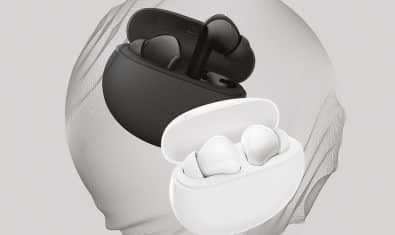A recent pilot study has found microplastics in human stool for the first time, suggesting their pervasive presence in the food chain.
An Austrian team of researchers watched out for microplastics in the stool samples taken from eight people belonging to Finland, Japan, Italy, the Netherlands, Russia, Poland, Austria, and the United Kingdom.
They were surprised to see the results as all the samples contained at least one form of microplastics while discovering nine different types having a size range of 50 to 500 micrometers.
Microplastics, as the name suggests, are tiny particles of plastic with a size less than 5 millimeters. These particles shed away from larger plastics present in the ocean like bags and bottles.
ALSO READ
Our Love Affair With Plastic Needs to End and Here’s Why
“This is the first study of its kind and confirms what we have long suspected, that plastics ultimately reach the human gut,” says Dr. Phillip Schwabl, the lead author of the study.
The participants, who came from different parts of the world, maintained a diary of food intake for a week before getting tested for the study.
All of the participants had consumed plastic-wrapped foods for a week among which six had eaten seafood. Moreover, they consumed around 750 milliliters of water on average from plastic water bottles. None of the participants was a vegetarian.
Nevertheless, the research did not explain whether the plastic accumulated or stayed in the body.
Scope for Research
The researchers also stated that the microplastics can enter the bloodstream, lymphatic system, and even liver.
However, experts suggest that owing to the small size of the study, it cannot be ascertained that the microplastics present in the participants’ stool were from their diets.
Though the study was small, its size does not overrule the possibility that the plastics did come from the diet of the participants. Therefore, there is a lot of scope for research to find out where the microplastic found in human stool comes from.
Via: CNN


























